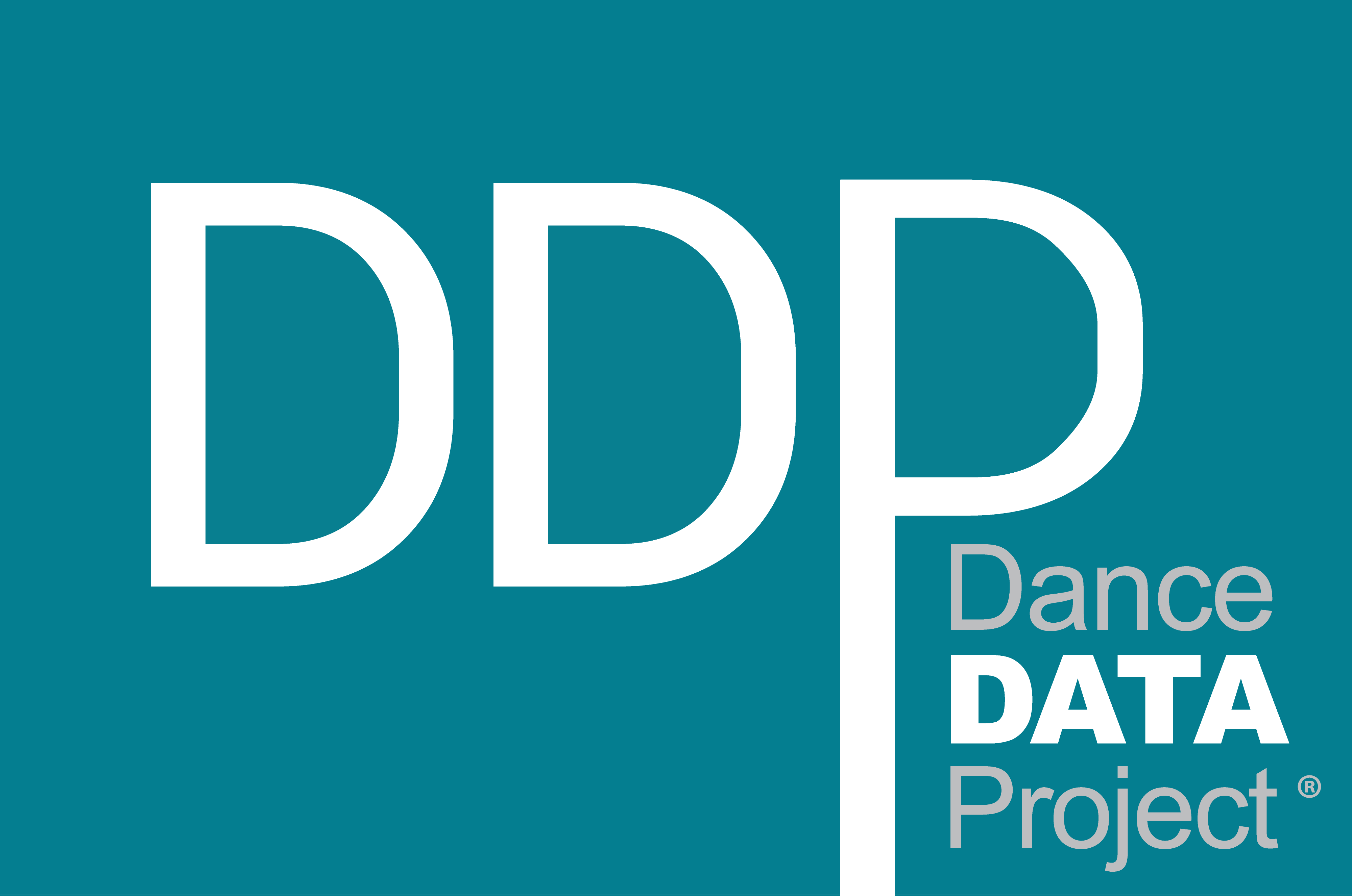When Will Women Get to Tell Women’s Stories?
"The Devil Ties My Tongue" by Amy Seiwert performed for the SKETCH Series, 2013. Photo by David DeSilva. Courtesy of Amy Seiwert's Imagery
May 6th: Doris Duke Foundation Grant, May 7th: South Arts Individual Artist Career Opportunity Grant, May 27th: Dancemakers Residency, June 1st: Miami DanceMakers
×
"The Devil Ties My Tongue" by Amy Seiwert performed for the SKETCH Series, 2013. Photo by David DeSilva. Courtesy of Amy Seiwert's Imagery
In 2018, Les Ballets Canadiens de Montréal were heavily criticized after artistic director Ivan Cavallari announced Femmes, a program with women as the theme. The triple-bill, which DDP also called out, had a roster of three male choreographers to explore women, their lives, thoughts, roles, etc. The program was rebranded, later entitled Parlami d’Amore, which means “talk to me about love,” after men and women all over the dance world expressed their distaste for a male-led company telling women’s stories based on the male choreographer’s imagination.
This was not the first – nor has it been the last- time the female experience has been portrayed by a male. Every classical ballet centers on a female character. In Giselle, women are wronged and take nasty revenge. In Don Quixote, they are the subject of whimsical dreams. Recently, there has been a trending storyline of rape and violence against women. Odessa, set on New York City Ballet by Alexei Ratmansky, was criticized in a 2017 New York Times article for displaying aggression against women, or as Siobhan Burke called it, gang rape. Joffrey Ballet presented The Miraculous Mandarin in 2016, in which, Timothy Robson writes for Backtrack, “The Young Woman (Victoria Jaiani) lures men to her room so that the three thugs (Raúl Casasola, Paulo Rodrigues and Joan Sebastián Zamora) can rob them.” The Royal Ballet, too, has faced backlash for The Wind, Arthur Pita’s piece that includes yet another scene of female abuse (read about that here). For The Guardian, Luke Jennings heavily critiqued the company’s repertoire beyond The Wind, writing:
There is an increasingly acute issue surrounding women’s roles in ballet. In the last few seasons the Royal Ballet stage has seen record numbers of female characters brutalised and killed. Emily, Mary-Jane, and Annie eviscerated in Sweet Violets, Justine hanged and Elizabeth murdered in Frankenstein, Stephanie raped and Mary shot in Mayerling, the girl raped in The Invitation, the youngest sister hanged in Las Hermanas, and the woman raped and murdered in The Judas Tree. Consider this body-count alongside the number of recent abstract works in which women are split, splayed and otherwise manhandled, and certain embedded attitudes reveal themselves.
In 2019, the controversy is not over. Ballets with sometimes questionable storylines and female experiences staged by men are still commissioned or restaged.
This spring, on its tour to Sadler’s Wells in London, San Francisco Ballet’s Programme D will present yet another male triple-bill. The work includes David Dawson’s Anima Animus, which “draws on the theme of gender and the roles of male and female, and how they view each other,” according to Rhinegold Publishing. A piece explores gender roles and how they view each other…without headlining female input.
San Francisco Ballet tour is publicized as tackling “modern-day issues,” and artistic director Helgi Tomasson told Rhinegold, “‘Dance has the power to reflect social issues in our world today.'” Sadly, once again, we see women’s perspectives and imaginations excluded from the essential dialogue of social issues.
Read Rhinegold Publishing’s article about the San Francisco Ballet tour here.
Reach out to us to learn more about our mission.
"The Devil Ties My Tongue" by Amy Seiwert performed for the SKETCH Series, 2013. Photo by David DeSilva. Courtesy of Amy Seiwert's Imagery

 New York Times: Commuting While Pregnant: A Long Ride Could Be a Risky One
New York Times: Commuting While Pregnant: A Long Ride Could Be a Risky One
Leave a Reply
Want to join the discussion?Feel free to contribute!